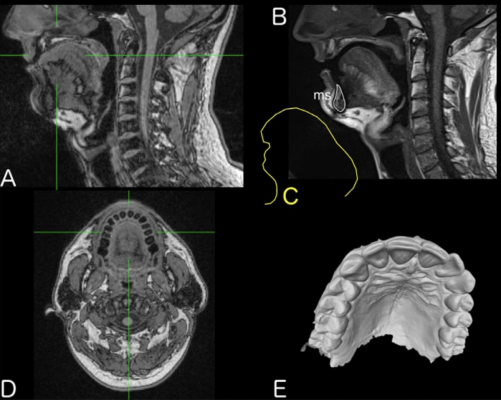Pushes and pulls from below: Anatomical variation, articulation and sound change

This paper argues that inter-individual and inter-group variation in language acquisition, perception, processing and production, rooted in our biology, may play a largely neglected role in sound change. We begin by discussing the patterning of these differences, highlighting those related to vocal tract anatomy with a foundation in genetics and development. We use our ArtiVarK database, a large multi-ethnic sample comprising 3D intraoral optical scans, as well as structural, static and real-time MRI scans of vocal tract anatomy and speech articulation, to quantify the articulatory strategies used to produce the North American English /r/ and to statistically show that anatomical factors seem to influence these articulatory strategies. Building on work showing that these alternative articulatory strategies may have indirect coarticulatory effects, we propose two models for how biases due to variation in vocal tract anatomy may affect sound change. The first involves direct overt acoustic effects of such biases that are then reinterpreted by the hearers, while the second is based on indirect coarticulatory phenomena generated by acoustically covert biases that produce overt “at-a-distance” acoustic effects. This view implies that speaker communities might be “poised” for change because they always contain pools of “standing variation” of such biased speakers, and when factors such as the frequency of the biased speakers in the community, their positions in the communicative network or the topology of the network itself change, sound change may rapidly follow as a self-reinforcing network-level phenomenon, akin to a phase transition. Thus, inter-speaker variation in structured and dynamic communicative networks may couple the initiation and actuation of sound change.